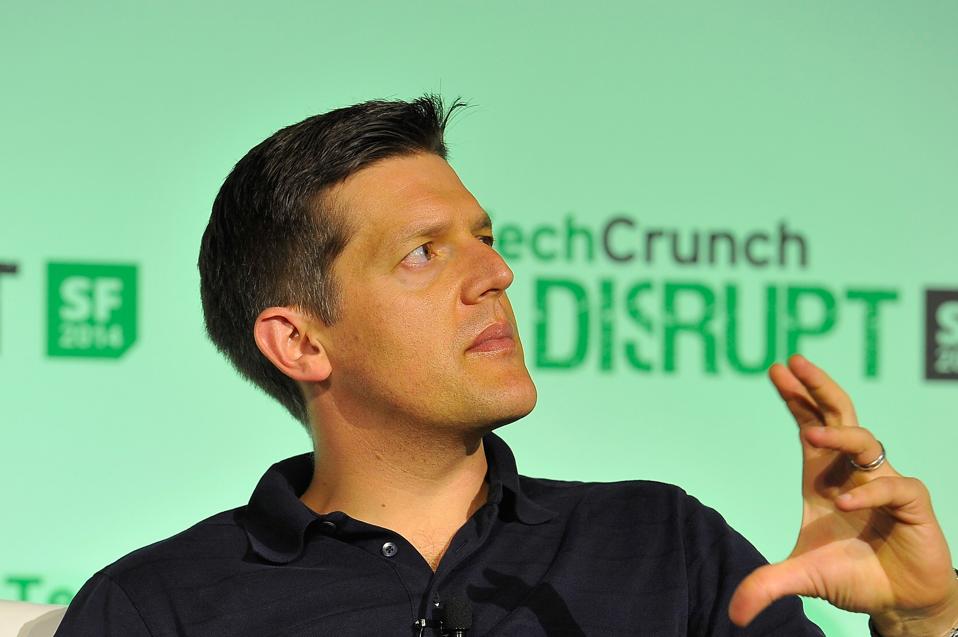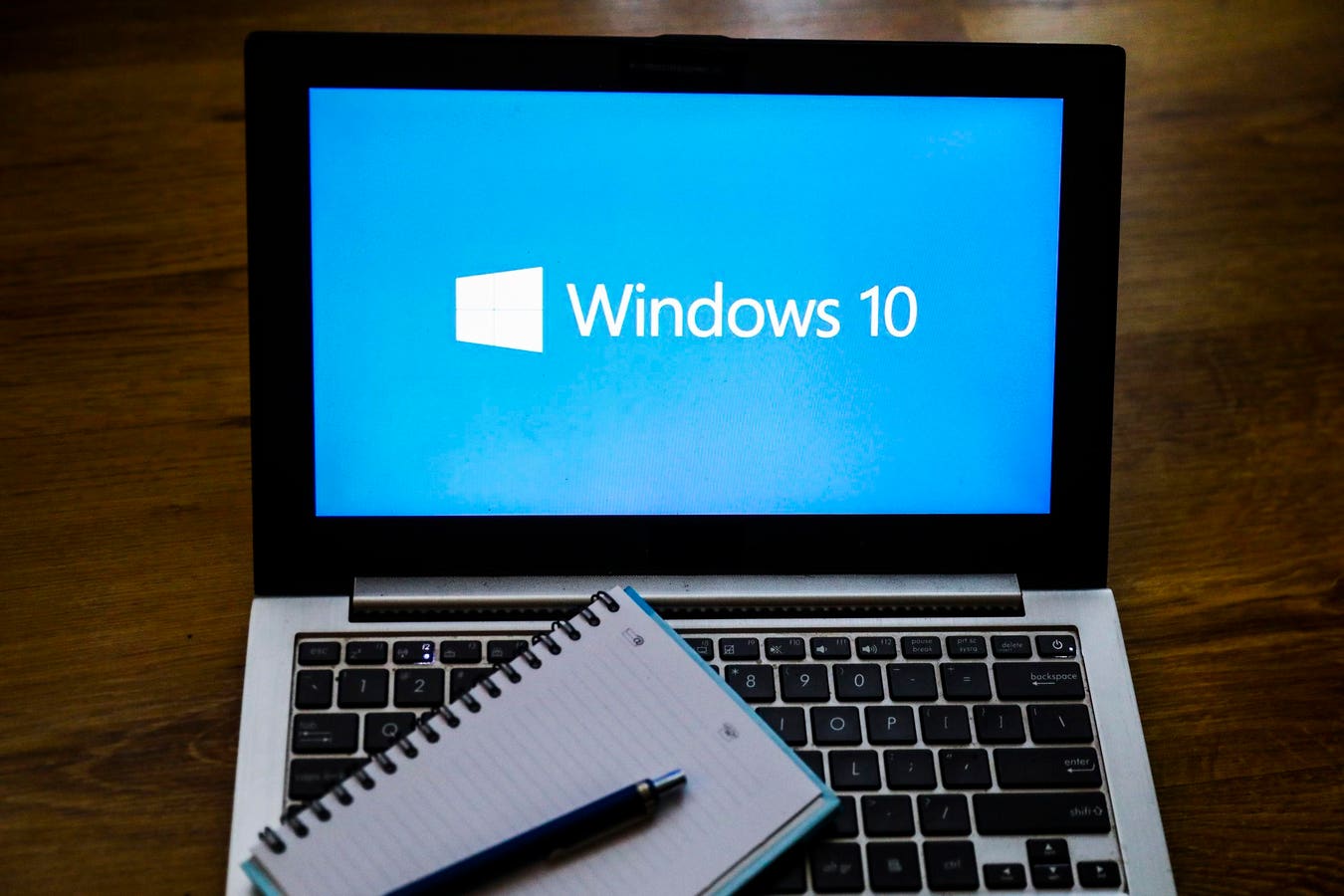SAN FRANCISCO, CA – SEPTEMBER 10: Sequoia Capital Partner Roelof Botha judges onstage the Startup Battlefield Finals at TechCrunch Disrupt at Pier 48 on September 10, 2014 in San Francisco, California. (Photo by Steve Jennings/Getty Images for TechCrunch)
getty
For more than half a century, Sequoia Capital has stood as Silicon Valley’s defining institution — a model of consistency in an industry built on disruption. Its founders wrote the modern venture playbook, and its name became shorthand for discipline, stewardship, and success.
Last week, that image cracked.
According to reporting from The Wall Street Journal and The Information, Sequoia’s global leader Roelof Botha didn’t gracefully “step aside,” as the firm’s statement suggested—he was pushed out. The move, orchestrated by longtime partners Alfred Lin, Pat Grady, and Andrew Reed, capped months of frustration over Botha’s leadership style, missed bets in artificial intelligence, and reputational fallout from Sequoia partner Shaun Maguire’s Islamophobic comments.
It wasn’t a succession. It was a palace coup.
A Legend Undone
Richard Waters of the Financial Times called Botha’s resignation “little short of an upheaval.” Behind that understatement lay something deeper: the end of Sequoia’s illusion of continuity. The firm that prided itself on stability and intergenerational “stewardship” now finds itself in open conflict—with itself.
Botha’s tenure, which began in 2022, was marred by more than market cycles. Under his watch, Sequoia split from its highly successful China arm, issued a rare apology for its failed FTX investment, and lost key partners, including Chief Operating Officer Sumaiya Balbale. In an industry obsessed with pattern recognition, the pattern was unmistakable: internal dissent, cultural drift, and the quiet corrosion of trust.
How the Coup Unfolded
According to The Information, Lin, Grady, and Reed confronted Botha earlier this year amid mounting unease over his leadership. Inside the firm, partners questioned his management style; outside it, limited partners criticized his timing and fund design, especially the “evergreen” vehicle that locked up capital just as valuations collapsed.
At the same time, Sequoia’s partners were increasingly anxious about the firm’s performance in AI. Under Botha’s leadership, Sequoia had missed early opportunities to back breakout companies like Cursor and Mercor—startups now valued at nearly $30 billion and $10 billion, respectively—while rivals like Thrive Capital, Andreessen Horowitz, and Khosla Ventures surged ahead.
That strategic drift eroded confidence in Botha’s stewardship. The WSJ reported that Sequoia’s own partners “asked him to step aside” amid “concerns about his leadership style.” The result was a carefully staged transfer of power to Lin and Grady, marketed as continuity but driven by crisis management.
“Roelof was part of the decision to empower the next generation,” Lin and Grady said in a joint statement. But the backstory suggests otherwise. Sequoia’s inner circle had simply lost faith.
The Collapse of Sequoia’s ‘Institutional Neutrality’ Doctrine
If Sequoia’s internal tensions began with strategy, they unraveled over values.
When Maguire—known for his proximity to Elon Musk and investments in SpaceX and xAI—called New York mayoral candidate Zohran Mamdani an “Islamist” and claimed he came from “a culture that lies about everything,” it ignited one of the most visible moral crises in Sequoia’s history. The firm’s Muslim COO, Sumaiya Balbale, resigned in protest after Sequoia failed to discipline Maguire.
When partner Shaun Maguire—known for his proximity to Elon Musk and investments in SpaceX and xAI—called New York mayoral candidate Zohran Mamdani an “Islamist” and claimed he came from “a culture that lies about everything,” it triggered one of the firm’s most visible moral crises. Soon after, Chief Operating Officer Sumaiya Balbale, Sequoia’s highest-ranking Muslim executive, resigned in protest over the firm’s failure to respond.
Rather than denounce the remarks, Botha defended Maguire’s right to make them. The Information reported that he described Sequoia’s approach as one of “institutional neutrality.” At a TechCrunch Disrupt 2025 event at the end of October, he reinforced that position, saying Sequoia “celebrates a diversity of opinions” and benefits from having “spiky people inside the firm.”
The problem is that neutrality isn’t neutral when it protects power. What began as an effort to remain apolitical amid global tensions now looks like selective silence—especially when those most harmed by the comments were inside the firm itself.
When a firm’s Muslim COO resigns over Islamophobia while its leader defends the offender in the name of “diversity,” neutrality becomes less a principle than a posture.
That posture—long celebrated as sophistication—has become Sequoia’s greatest liability. In a world where every investment intersects with geopolitics, “institutional neutrality” isn’t a shield. It’s surrender.
The Viral Reckoning: When The Public Became the Regulator
As Sequoia’s internal defenses crumbled, external scrutiny intensified.
In a viral post on X viewed nearly 40,000 times, software entrepreneur Paul Biggar accused Sequoia of being “complicit in crimes against humanity.” He detailed the firm’s renewed push into Israeli startups, including a military intelligence–linked company called Kela, and its broader pattern of funding Israeli founders with Unit 8200 backgrounds.
Biggar’s post reframed Sequoia’s scandal from an internal PR issue to a geopolitical one—arguing that the firm’s investments were directly tied to the machinery of occupation and warfare. “Sequoia’s complicity has not gone unpunished,” he wrote, pointing to boycotts of Sequoia-backed startups like Mubi and Zed.
For the first time, founders and developers began treating moral alignment as part of due diligence. Taking Sequoia’s capital was no longer a mark of prestige—it was a reputational risk.
This wasn’t cancel culture.
It was capital discipline.
The market was simply enforcing the ethics that Botha and Sequoia refused to confront.
The Asymmetry No One Is Talking About
What makes this episode so striking is its asymmetry.
There is no global Muslim leader at a hedge fund, bank, private equity firm, or top-tier VC who has ever made comparable remarks about Jews or Zionists as Shaun Maguire has made about Muslims and Islamists. Despite decades of post-9/11 bias, surveillance, and exclusion from Western financial networks, Muslim financiers have maintained professionalism and decorum. None have publicly trafficked in hate.
To be clear, prominent Jewish leaders across global finance have not made comparable Islamophobic remarks. Maguire’s comments stand out as an exception—one that reflects his individual conduct, not a broader pattern. In global finance, where decorum, propriety, and professionalism form the unwritten code of conduct, such rhetoric is not only unethical—it’s unthinkable.
That restraint underscores a double standard embedded in Western finance: Islamophobia is tolerated as opinion; Antisemitism is treated as career-ending.
By defending Maguire’s comments as part of Sequoia’s “diversity of opinion,” Botha revealed more than a cultural blind spot—he exposed the moral hierarchy embedded within Silicon Valley’s institutions of power.
The Market Cost of Moral Blindness
Sequoia’s leadership can argue that neutrality is pragmatic—that markets, not morality, determine returns. But that logic no longer holds.
As FT noted, Sequoia “has not led the way on AI,” and its missed opportunities have cost both influence and confidence. The Information found deep internal frustration over AI strategy. WSJ confirmed that LPs were uneasy about Sequoia’s governance and cultural direction.
At the same time, the firm’s silence on Islamophobia and its renewed focus on Israel-linked investments have magnified its exposure to geopolitical risk. In a venture ecosystem where more than $3 trillion in sovereign wealth capital originates from Muslim-majority nations across the Middle East and Asia, moral indifference isn’t neutrality—it’s negligence.
For limited partners in Abu Dhabi, Riyadh, or Kuala Lumpur, reputational risk has become an investment variable—and in today’s venture market, ethics move capital.
The Global South Lens: Capital With Conscience
The consequences of Sequoia’s crisis can’t be viewed in isolation from global capital flows. Sovereign wealth funds across the Middle East and Asia—led by entities like Mubadala, ADIA, and PIF—have become among the most powerful limited partners in venture capital. Together, they manage more than $3 trillion in assets and are increasingly applying ethical, geopolitical, and sustainability screens to their allocations.
Meanwhile, Asia’s family offices and regional investment funds are prioritizing values-aligned capital, often steering away from firms entangled in political or moral controversy. What once looked like moral signaling is now a form of strategic risk management—and those who ignore it risk losing access to vast, high-growth markets.
For decades, Silicon Valley exported a brand of moral minimalism—capital without conscience. That model is collapsing under global scrutiny.
To be clear, Sequoia still holds stakes in some of the world’s most valuable private companies, from SpaceX to Stripe. But in today’s venture landscape, moral credibility has become as critical to market leadership as financial returns.
Sequoia Capital and partners Alfred Lin, Pat Grady, and Roelof Botha were contacted for comment. The firm declined to comment.
The End of Venture Neutrality
Sequoia’s unraveling isn’t just a personnel crisis. It’s a reckoning for an entire industry that mistook detachment for wisdom.
Botha’s ouster, Balbale’s resignation, and Maguire’s survival reveal how the industry’s most celebrated firm became a case study in what happens when moral risk meets market risk. The myth of institutional neutrality—the idea that capital can exist apart from consequence—has collapsed.
The firm that once defined venture excellence now embodies its existential crisis. When performance eclipses principle, even the best protect the narrative instead of the culture.
Sequoia taught the world how to scale. Now it’s teaching venture how empires fall—not with scandal, but with silence.
Author’s Note
This article builds on my previous Forbes coverage of Sequoia Capital’s evolving leadership and cultural challenges, including:
Together, these stories examine how Sequoia Capital, the world’s most influential venture firm, is confronting a new kind of risk—one measured not only in returns, but in reputation.









